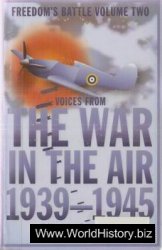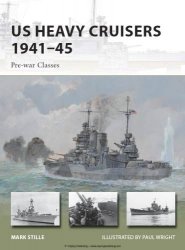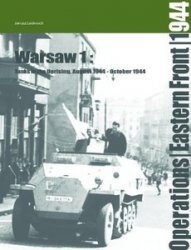Behind the lines, the country was far from united. Whereas nearly all colonists had objected to British policies, many still hesitated to take up arms against the mother country. Even Massachusetts harbored many Loyalists, or Tories, as they were called; about a thousand Americans left Boston with General Howe, abandoning their homes rather than submitting to the rebel army.
No one knows exactly how the colonists divided on the question of independence. John Adams’s off-the-cuff estimate was that a third of the people were ardent Patriots, another third loyal to Great Britain, and the rest neutral or tending to favor whichever side seemed to be winning. This guess is probably as useful as any, although in keeping with Adams’s character he may have understated the number who agreed with him and overstated those opposed to his position. Most historians think that about a fifth of the people were Loyalists and about two-fifths Patriots, but there are few hard figures to go by. What is certain is that large elements, perhaps a majority of the people, were more or less indifferent to the conflict or, in Tom Paine’s famous phrase, were summer soldiers and sunshine patriots—they supported the

Emanuel Leutze's Washington Crossing the Delaware (1851) is riddled with historical inaccuracies, most obviously, the time of day: Washington's face shines and the ice gleams white, but the December 1776 crossing was actually made at night during a snowstorm.

These re-enactors were the first in three years to successfully cross the sometimes treacherous Delaware River. Washington did it at night, in the dead of winter.
Revolution when all was going well and lost their enthusiasm in difficult hours.
The divisions cut across geographical, social, and economic lines. A high proportion of those holding royal appointments and many Anglican clergymen remained loyal to King George, as did numbers of merchants with close connections in Britain. There were important pockets of Tory strength in rural sections of New York, in the North Carolina backcountry, and among persons of nonEnglish origin and other minority groups who tended to count on London for protection against the local majority (see the map titled Campaign in the South, 1779-1781, p. 125).
Although the differences separating Patriots and Loyalists were sometimes unclear, feelings were nonetheless bitter. Individual Loyalists were often set upon by mobs, tarred and feathered, and otherwise abused. Some were thrown into jail for no legitimate reason; others were exiled and their property confiscated. Battles between Tory units and the Continental army were often exceptionally bloody. “Neighbor was against neighbor, father against son and son against father,” one Connecticut Tory reported. “He that would not thrust his own blade through his brother’s heart was called an infamous villain.”




 World History
World History









